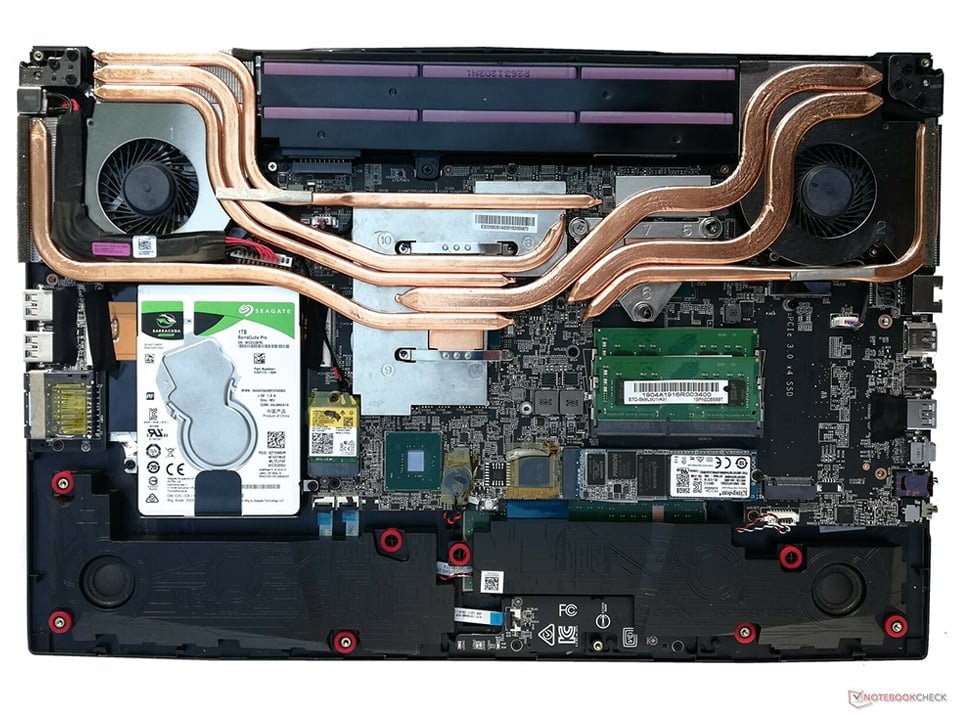this post was submitted on 24 Sep 2024
64 points (98.5% liked)
Linux
59463 readers
435 users here now
From Wikipedia, the free encyclopedia
Linux is a family of open source Unix-like operating systems based on the Linux kernel, an operating system kernel first released on September 17, 1991 by Linus Torvalds. Linux is typically packaged in a Linux distribution (or distro for short).
Distributions include the Linux kernel and supporting system software and libraries, many of which are provided by the GNU Project. Many Linux distributions use the word "Linux" in their name, but the Free Software Foundation uses the name GNU/Linux to emphasize the importance of GNU software, causing some controversy.
Rules
- Posts must be relevant to operating systems running the Linux kernel. GNU/Linux or otherwise.
- No misinformation
- No NSFW content
- No hate speech, bigotry, etc
Related Communities
Community icon by Alpár-Etele Méder, licensed under CC BY 3.0
founded 6 years ago
MODERATORS
you are viewing a single comment's thread
view the rest of the comments
view the rest of the comments

That might be true...
I found a solution, I compiled the program on my Arch distro and installed it on Nobara. But it couldn't read anything since the ec_sys module was missing so I sorta just gave up.
Sorry for the late reply, I'm not on Lemmy often.
It seems that, according to a Reddit thread, the Nobara kernel should include support for
ec_sys. What does the commandmodinfo ec_sysoutput? If it doesn't returnmodinfo: ERROR: Module ec_sys not found., then you should just be able to enable it withsudo modprobe ec_sysand then enable it persistently across reboots withecho ec_sys | sudo tee -a /etc/modulesEDIT: Replaced output redirection with
sudo teein case you are not running the command as root.Thank you for your answer. I also read that thread but unfortunately modinfo return module not found...